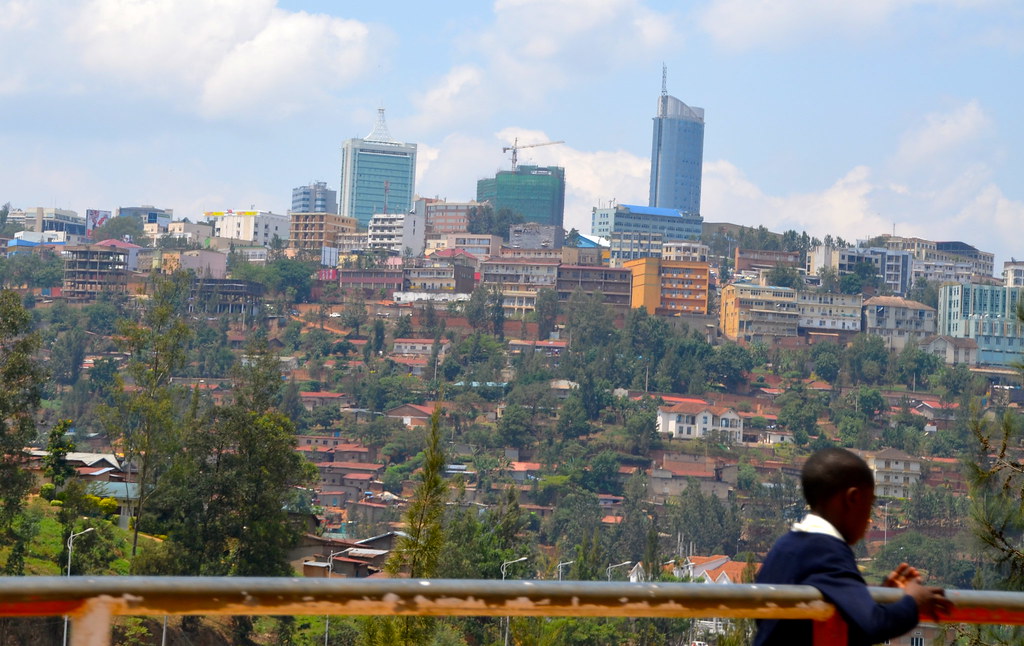Urban induced-displacement of informal settlement dwellers
A comparison of affected households' and planning officials’ preferences for resettlement site attributes in Kigali, Rwanda

There is an increase in induced displacement of informal settlement dwellers in Kigali city due to the ongoing redevelopment of existing inner city areas and disaster risk mitigation actions in high-risk zones.
This paper posits that local authorities are currently much more interested in compensating the affected households in kind, namely by providing new homes in resettlement sites as a strategy to avoid the creation of new informal settlements.
In this context, a resettlement site is an issue of fundamental concern for both the targeted communities and the policy makers. Understanding affected households' preferences regarding resettlement site attributes is crucially important if such relocation projects are to be successful in the long term.
This study explores the preferences of affected households for resettlement attributes and compares them to the opinions of professional planning officials. Findings revealed similarities as well as significant differences between the two groups' opinions on what are the important resettlement sites' attributes.
The paper further analyses the spatial implications of the two groups' preferences on the suitability of residential areas in the city. Differences in opinions led to different spatial suitability maps of the existing residential areas. Given the substantial spatial implications of the divergent views, selecting a resettlement site based on both stakeholder groups' views would be essential to contribute to more effective and conflict-free resettlement processes.
Abstract based on original source.


Comments